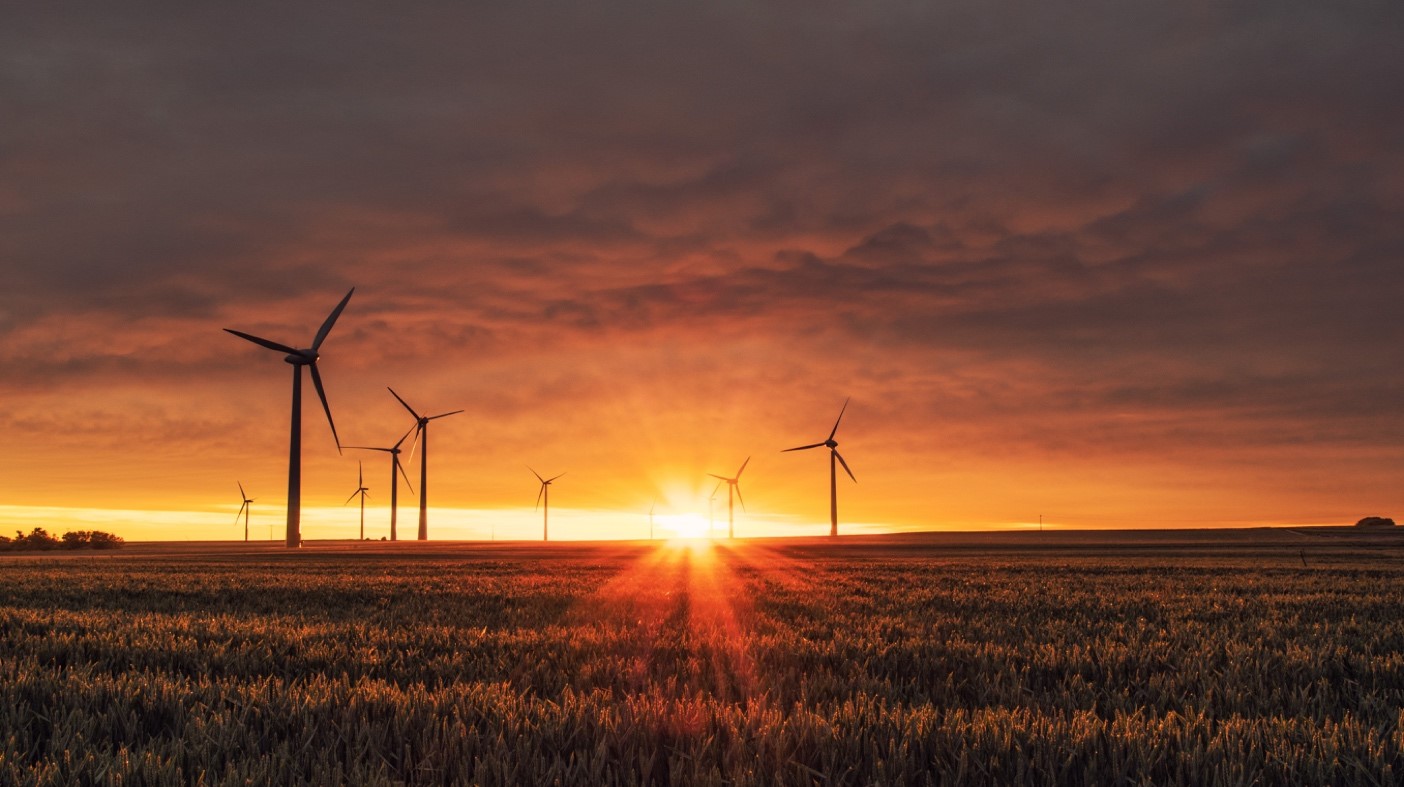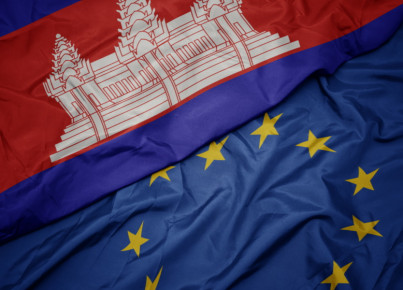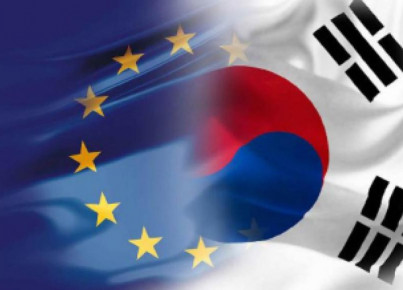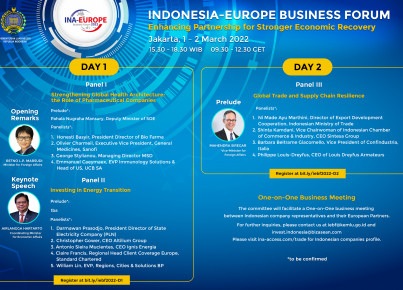Diverging views on palm oil fuel could prevent further collaboration.
Based on the European External Action Service’s data, the EU is Malaysia's third largest trading partner and accounted in 2014 for 9.9% of Malaysia's total external trade in goods. At the same time, Malaysia ranked as the EU's 23rd largest trading partner, the second largest trade partner in the South East Asia region. 2010 marked the start of the negotiations of the EU-Malaysia Free Trade Agreement; however, negotiations came to a halt, due to differing views on palm oil, and on how to reconcile economic interests with environmental imperatives.
The crux of the conflict between the EU and Indonesia lies in the EU's decision to phase out palm oil-based biofuel as an energy source. The Renewable Energy Directive (RED) I of 2009 encouraged and facilitated Southeast Asian countries like Malaysia and Indonesia to export palm oil to the EU. However, in recent years Europe has operated a radical change in discourse concerning palm oil, which is today widely considered dangerous for environmental protection.
Indeed, the main reproach made to the palm oil industry is the fact that it is a land-intensive production. The main consequences of this model are massive deforestation, soil degradation and a worrying increase of air pollution, namely through greenhouse gas emissions.
Pressure from European consumers finally convinced the EU Parliament to progressively ban the use of palm oil by 2030, and to revise the Directive (RED II) in 2018 to define benchmarks for biofuels. This change complicated relations between the EU and Malaysia. In fact, Malaysia and Indonesia (the two countries together produce more than 85% of the world’s palm oil) considered this move as a protectionist measure and asked support to other ASEAN countries to bring the case in front of the World Trade Organisation. After month of negotiations with the Energy Commissioner Kadri Simson, Malaysia stepped back from its initial intentions, but until the case has been resolved, it will keep penalising EU products in retaliation, and slow down any discussion regarding the FTA.
Not only does palm oil contribute around 5 per cent of Malaysia’s annual GDP, but also provides millions of people with stable job and wages. For this reason, it is also a matter of political and social concern.
The Malaysian government wants to persuade the EU that Malaysian palm oil was much greener than its critics claim, and to push the Union to revise its decisions by 2021. Until then, controversy between economic priorities and environmental commitments will keep hindering progress toward negotiations for an FTA.
Article edited by Valentina Beomonte Zobel.






